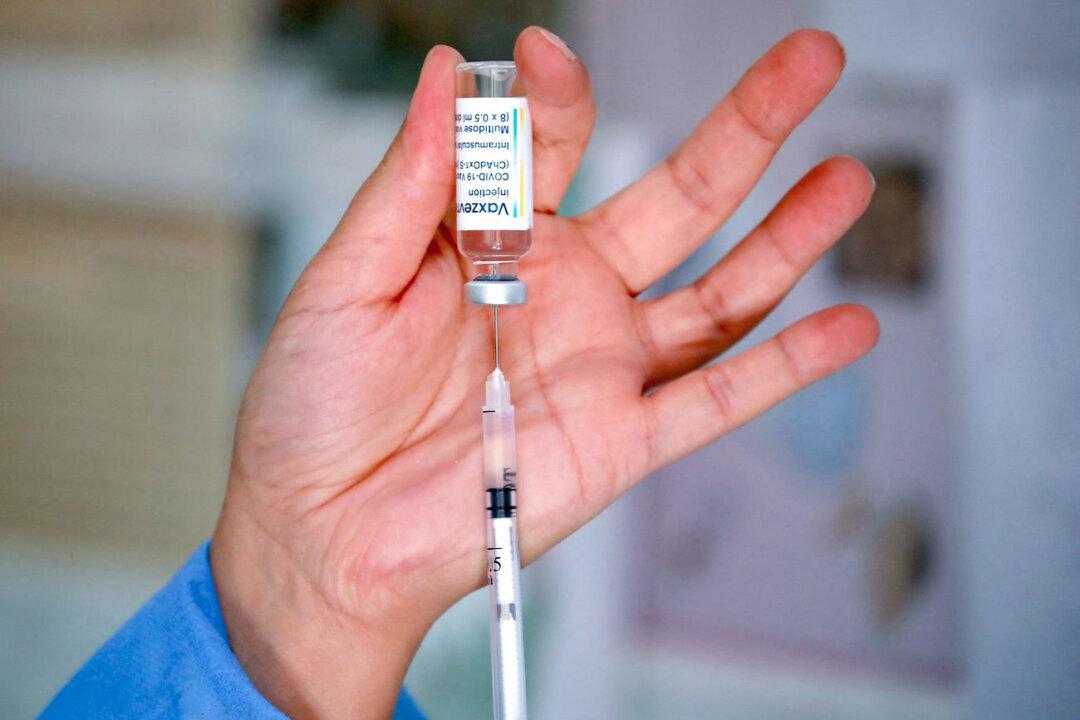A federal law that grants broad legal immunity to vaccine manufacturers does not protect AstraZeneca against a breach of contract claim brought by a woman who was injured by the company’s vaccine, a U.S. judge ruled on Nov. 4.
The Public Readiness and Emergency Preparedness (PREP) Act protects manufacturers of vaccines during times of emergency, such as the COVID-19 pandemic.





